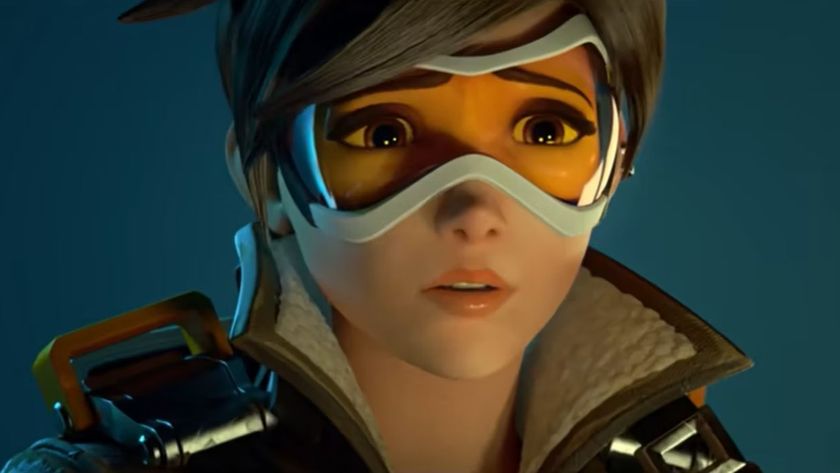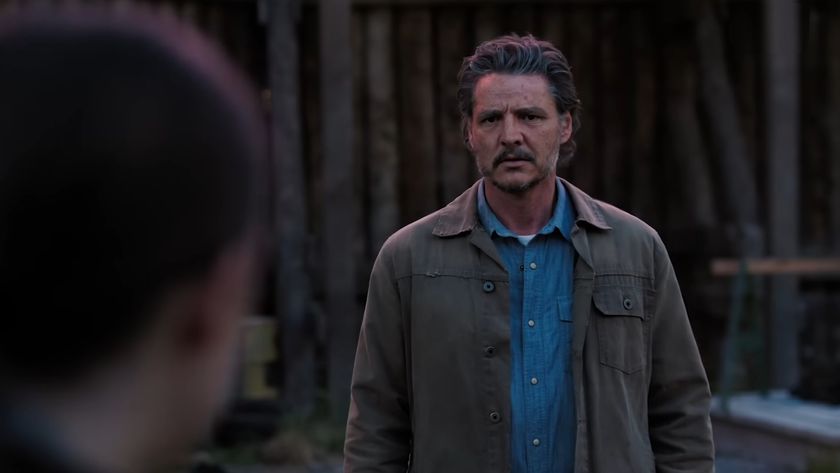Ubisoft says its games aren’t political – but when viewed through a sniper scope, what isn’t?
The Division 2 is the latest in a long line of the developer trying to have its cake and eat it too
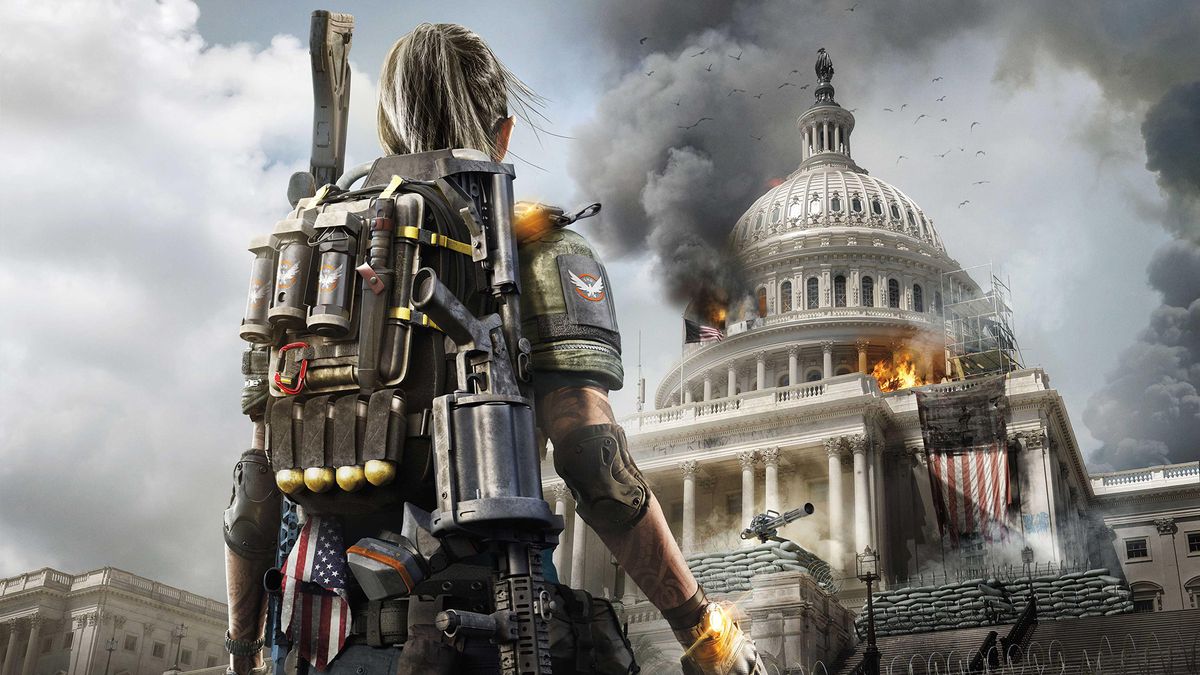
Far Cry 5 was never meant to be political, the game’s story and setting nailed down long before the phrase ‘Trump country’ had any meaning. That’s what Ubisoft would prefer you to believe, at least. Even before globalism was yanked into its ongoing existential culture war, the US had its political dark side, and so Far Cry 5 – a tale of religious fundamentalists, conspiracy theorists and gun nuts – had political commentary baked hard into its thematic codebase. The Division 2 follows a similar pattern: it is an inescapably political work that, whether by accident or design, takes on extra layers of meaning given the current state of the world into which it has released.
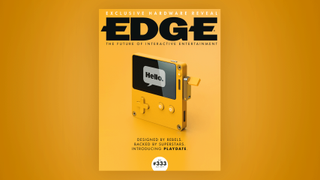
This feature first appeared in Edge Magazine. If you want more like it every month, delivered straight to your doorstop or your inbox, why not subscribe to Edge here.
With these two games in particular, we see a Ubisoft trying to have its cake and eat it, presenting just-about-plausible alternate timelines for modern-day America, then insisting it’s not trying to actually say anything about the real world. And then, even worse, carrying through on that promise by shipping games with such vapid narratives. In The Division 2’s case, the Clancy name doesn’t imply so much as guarantee a tale of modern-day military-industrial fetishism; and if we’re being unkind, it also suggests the story is not exactly going to be one for the ages. So, in both cases, does it prove.
What is it good for?
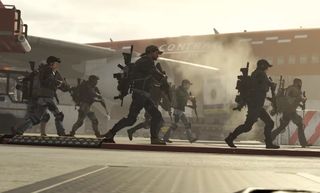
Yet Ubisoft’s position on all this is, to a degree, an understandable one. All art is political, sure, but videogames are products as well as works of art. They need to be sold, and will not sell as well if they appear to thematically alienate people who identify with the ‘wrong’ political viewpoint. And as Ubisoft management has pointed out before, it is hard for a game made in the publisher’s global structure to present a unified political view: when 2,000 people have worked on a game at studios across the globe, it is enormously unlikely that all of them will hold the same views.
In any case, does it really matter? It is hard to imagine what either game could meaningfully tell us about the real world, especially given that their language is one of violence and the binary split between good and bad. In a way The Division 2, like Far Cry 5, makes the only political statement it needs to when it puts you on one particular side, immediately casting you and those around you as the good guys. Anyone who bats, or snipes, for the other team is cannon fodder, and fair game. Ubisoft can say what it likes about its ultimate intentions, but it picks a side for you in The Division 2 as soon as you pitch up at the White House and your avatar holsters their weapon.

"The Division 2, like Far Cry 5 before it, is damned not by its actual politics, but its professed lack of them"
Moreover, if you find the publisher’s current shooter politics distasteful, consider the alternatives. The Call of Duty 4: Modern Warfare era tales of ultra-violent derring-do against Islamic fundamentalists belongs to the past. Cold-War Soviets feel similarly played out (and would arguably be a bit too on the nose in a game right now). Gaming has had its fill of Nazi antagonists many times over, and while Bethesda drew acclaim for openly marketing Wolfenstein 2: The New Colossus as a game that let you punch Nazis, it is a very different sort of game to The Division; it’s a work of fantasy whose last thematic contact with reality was over 70 years ago. The New Colossus is, if anything, a less political game even than those on Ubisoft’s slate.
Which, really, is the point. The Division 2, like Far Cry 5 before it, is damned not by its actual politics, but its professed lack of them. The issue is not what got made – though we’d dearly love whatever comes next to have a story worth sticking with – but what was said about it by the senior developers tasked with getting through another round of press interviews without another round of controversy. Politics is just another word for marketing, in other words. If you pretend to be something you’re not, when the truth comes out, you risk losing by a landslide.
Sign up to the 12DOVE Newsletter
Weekly digests, tales from the communities you love, and more
Edge magazine was launched in 1993 with a mission to dig deep into the inner workings of the international videogame industry, quickly building a reputation for next-level analysis, features, interviews and reviews that holds fast nearly 30 years on.


